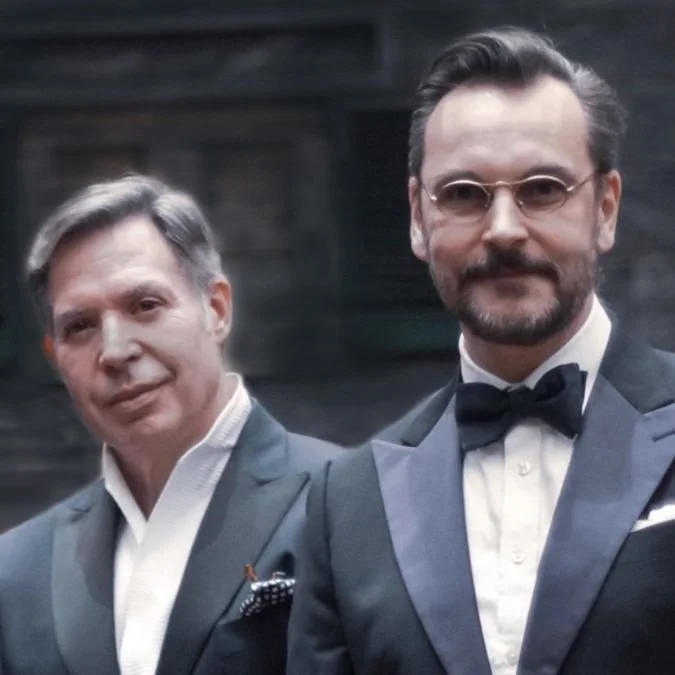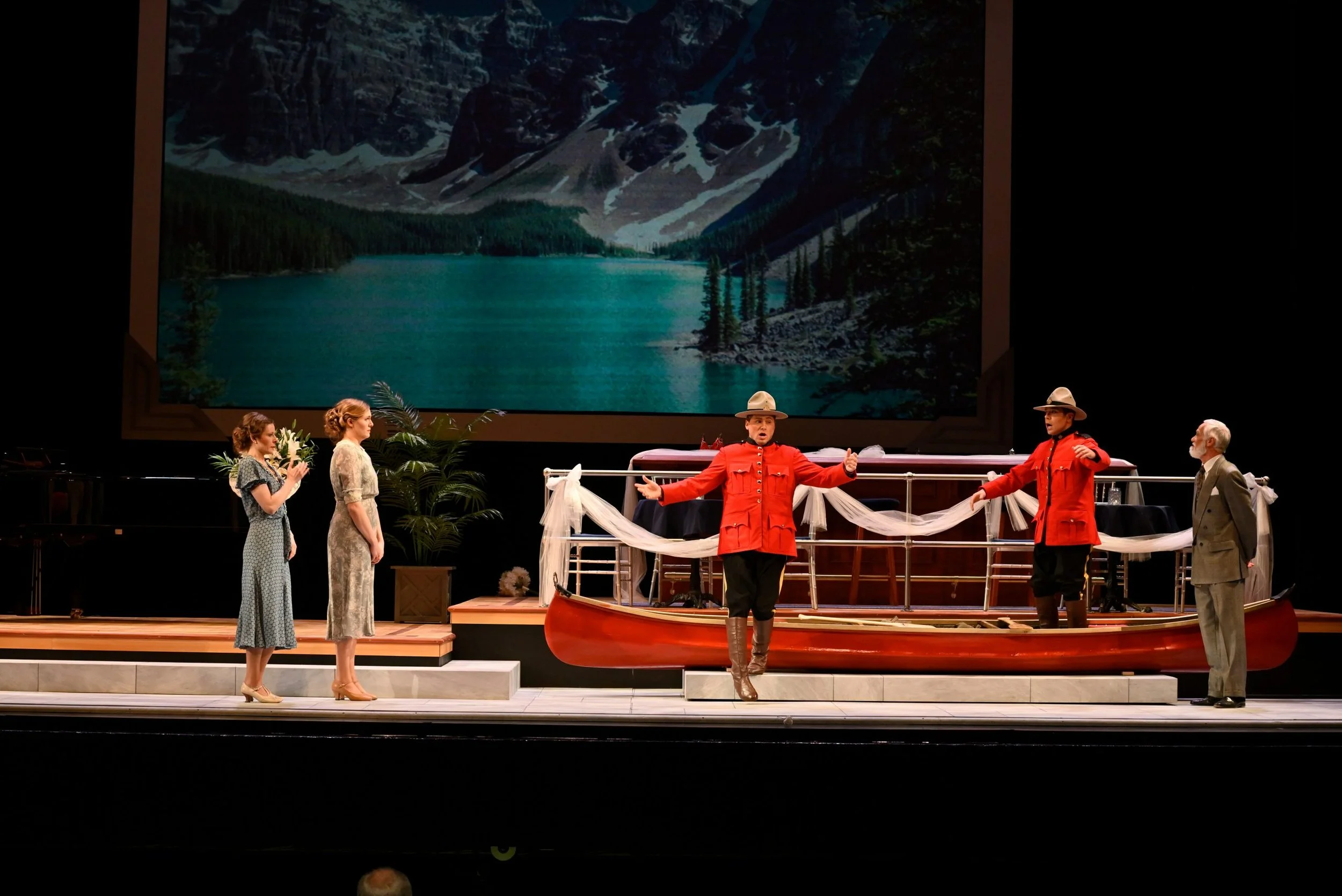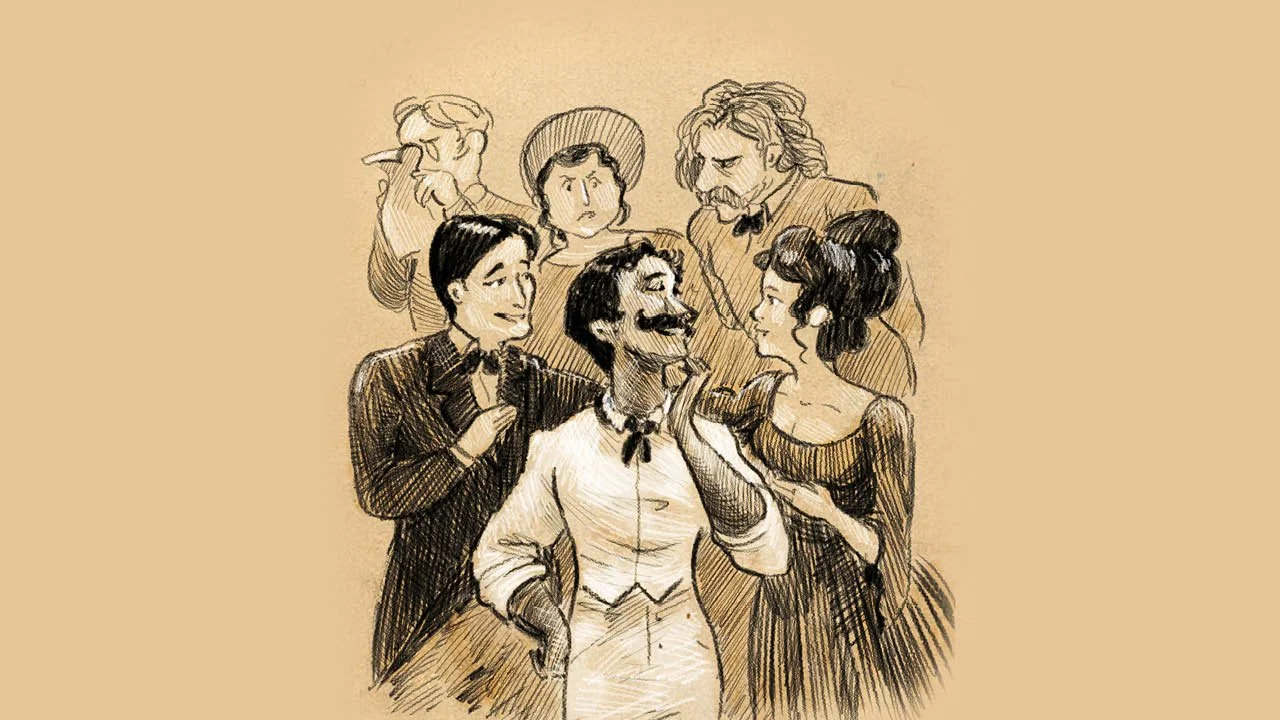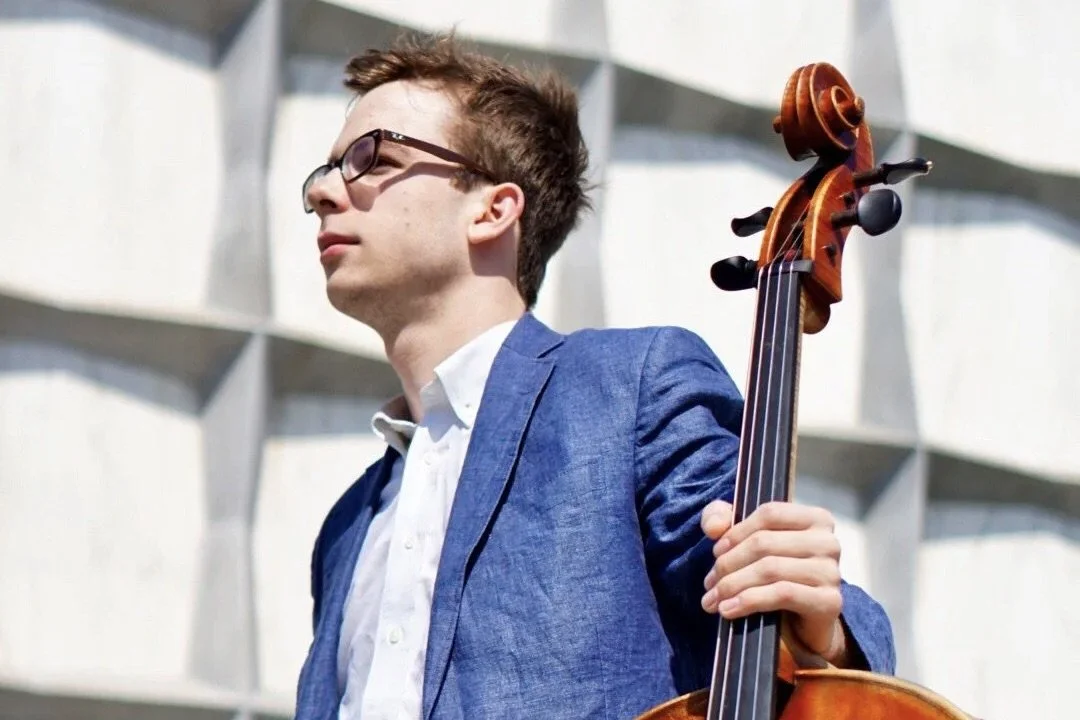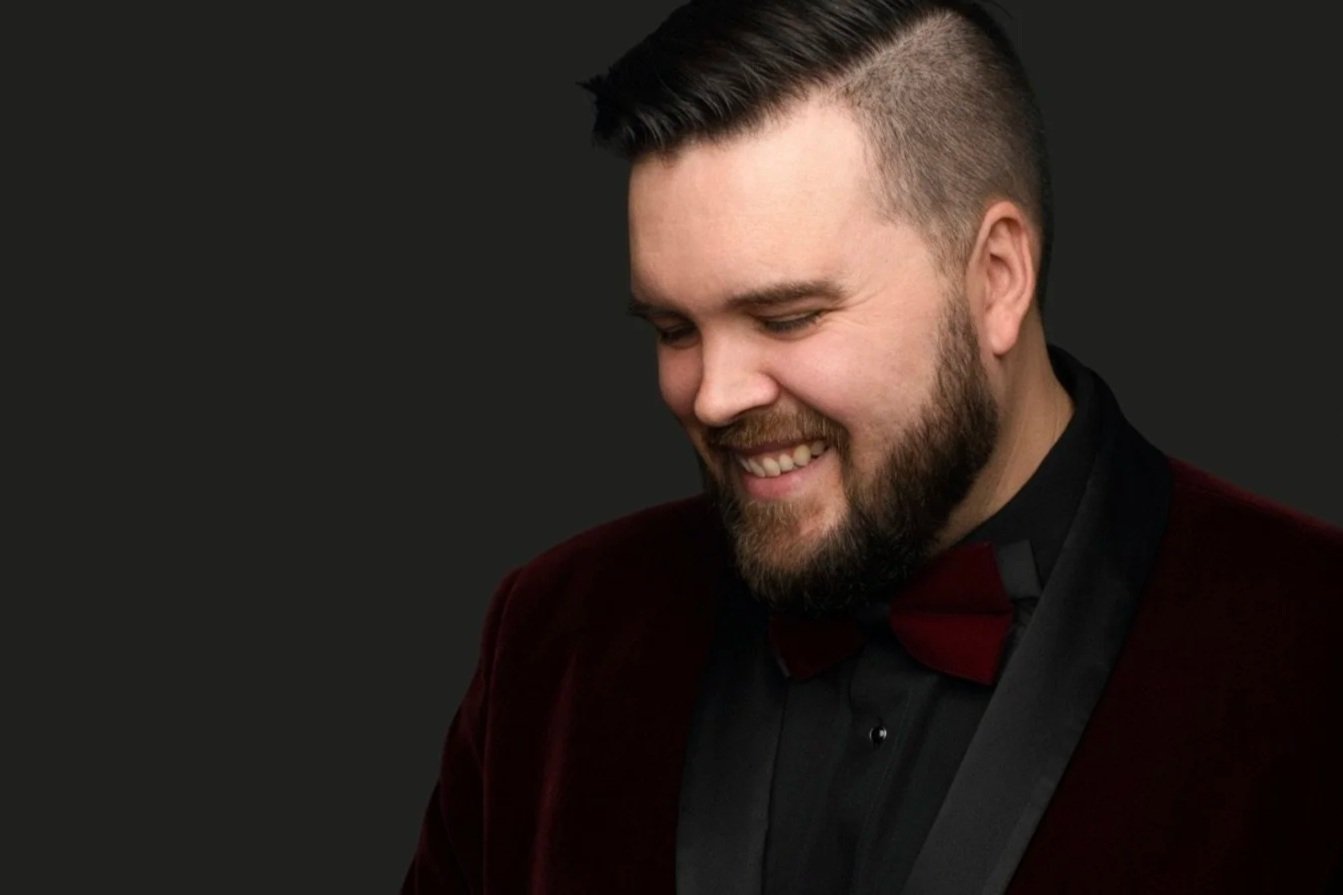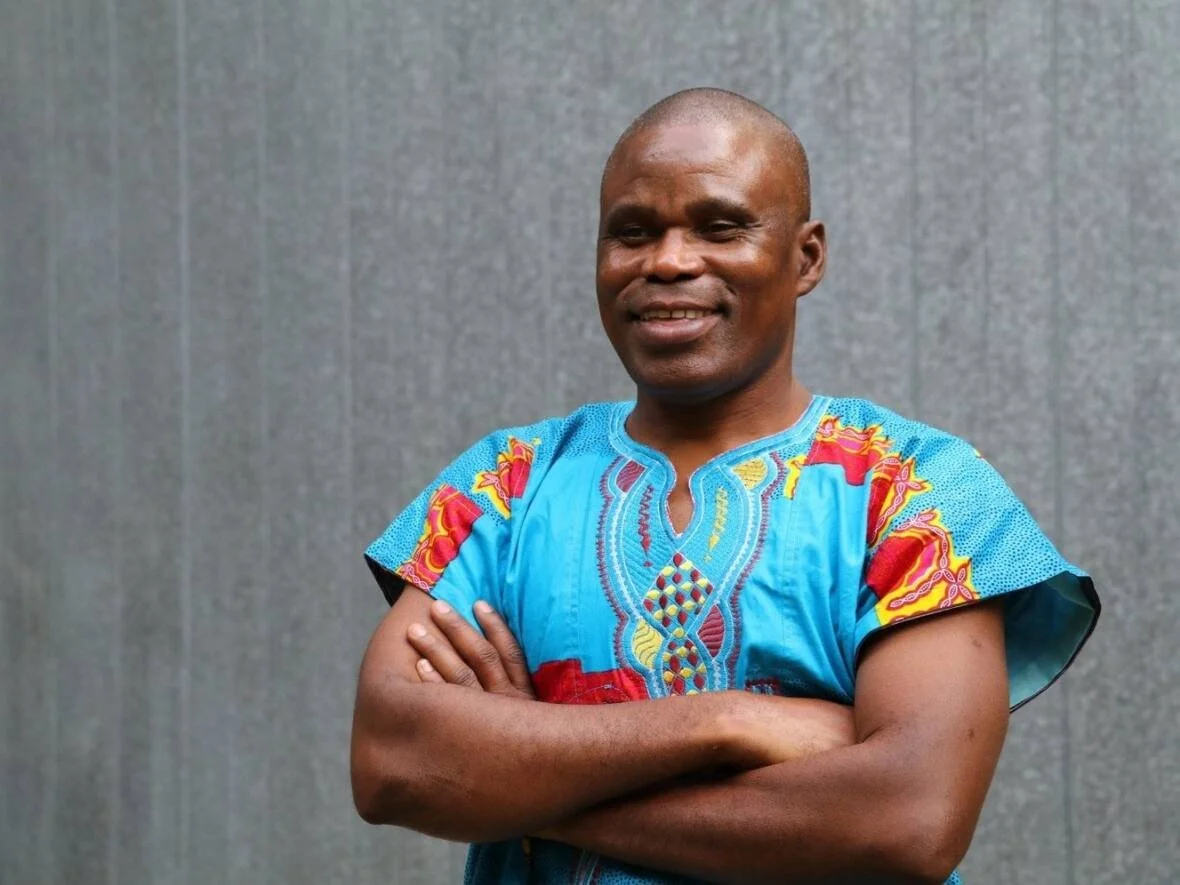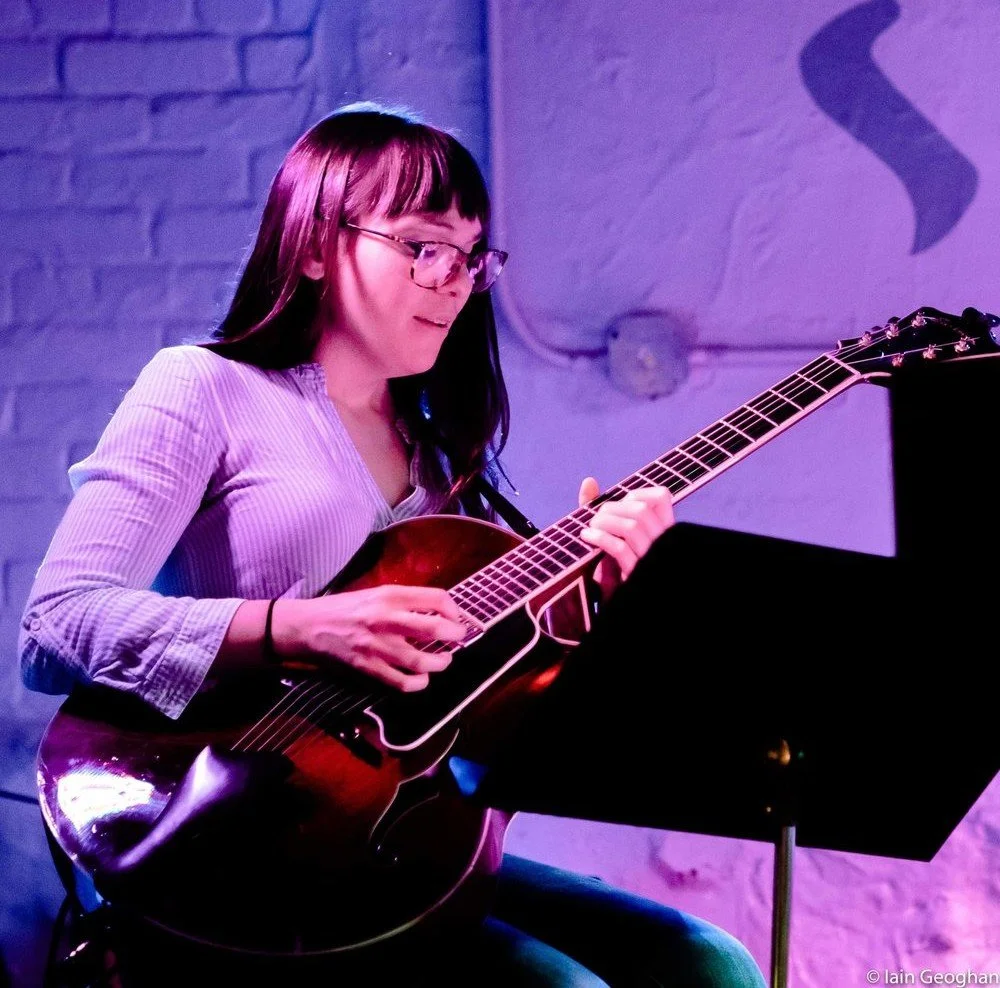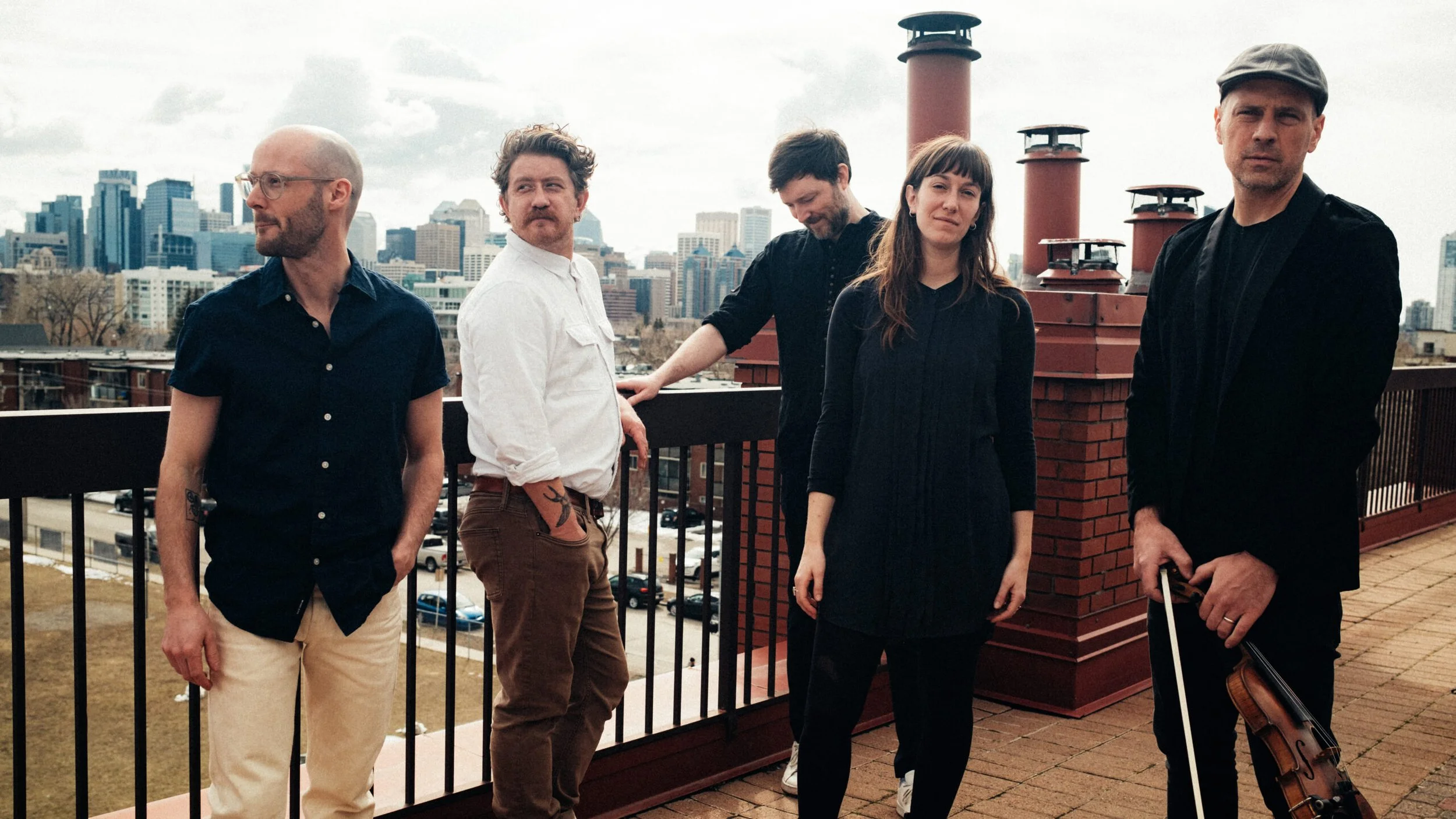Barbe and Doucet dig into the decadent details of 1960s Rome for Vancouver Opera's Don Pasquale
Think kitschy pensiones, Technicolor hues, sheets on laundry lines, and toxic-green cats as the Montreal duo brings its latest vision to the stage
Strange green cats bedeck the Roman pensione at the centre of Don Pasquale.
Vancouver Opera presents Don Pasquale at the Queen Elizabeth Theatre from February 10 to 18
Replete with antennae-spiked rooftops, sugar-laden espressos, street-top laundry lines, and—yes—fluorescent-green cats, Vancouver Opera’s Don Pasquale perfectly illustrates how celebrated Quebec director-design duo Renaud Doucet and André Barbe can take an idea and run with it.
The team behind such past eye-popping VO hits as Turandot and La Bohème was working in Rome back in 2014, when the call first came in from the Scottish Opera to stage Donizetti’s comic masterpiece. They immediately started drawing inspiration from the Eternal City, snapping pictures from the cobblestone avenues and courtyards around them.
“We always take pictures. Sometimes it was pictures of the texture of walls, or the sheets hanging everywhere in the streets,” says Barbe, joining his partner on a Zoom call before rehearsal in Vancouver.
Later the pair dove into the back catalogue of mid-century Italian cinema, especially Fellini’s surreal 8½ and flamboyant La Dolce Vita.
All that led to the inspired idea to move the 1843 comedy to a Technicolor-hued 1960s Rome. Doucet explains they were drawn to the romantic vibe of the era, and wanted to use a period that was familiar to people, but far enough removed that it would fit the relationships in the opera.
Barbe and Doucet applied the concept to every last intricate detail of the opera. The result? A stylized production with an overture that draws on the imagery of retro fotoromanzo, a character who owns a shabby pensione, pop-art polka-dot touches, and scene changes that shift with the movement of lines of hanging sheets.
“We lived in Venice for a while, and we wanted to put it in a courtyard, with the perspective of the buildings surrounding us, so we can imagine the life coming out of these windows,” riffs Barbe. “So it’s all part of this communal life that you have in Italy, where people speak to each other from these windows. We can imagine the life coming out of these windows, the moms cooking and the kids running out.”
“This was also a moment where people started really to travel, 15 years after the stress of the war,” adds Doucet of the pensione setting, “so we have the Italian mama coming from the village to visit to go to the Vatican, the beautiful Swedish girl with the Italian playboy who tries to seduce them, and the travelling salesman, where every Tuesday he meets his girlfriend in a hotel room—that’s based on 8½.”
As for the popsicle-green cats that fill the pensione? Barbe and Doucet (whose own dog joins the call on the former’s lap) noticed felines all over Rome. As for why they’re green—and figurines—in this Don Pasquale, the title character loves cats but is toxically allergic to them.
In Donizetti’s opera, the cranky old bachelor Don Pasquale is planning to marry a much younger woman, mainly to spite his nephew, Ernesto, who’s refusing to wed the woman of his uncle’s choice. But Pasquale’s colleague Dr. Malatesta concocts a plan where Norina (Ernesto’s true love) disguises herself to marry Pasquale in fake ceremony—and wreaks spending-spree havoc on her new “husband”’s life.
“The goal is not to twist the concept around the opera,” stresses Doucet. “It’s important that the story we present can speak to absolutely everybody. You need to stimulate the heart and stimulate the mind.”
André Barbe and Renaud Doucet.
Doucet and Barbe have spent decades refining the way they brainstorm and develop innovative opera productions. After years of working separately, across dance, theatre, and TV, they started joining forces on opera in 2000, with now 40 productions across the world to their credit. At the VO, an unforgettable, culture-mashing Turandot in 2017 found characters wearing exaggerated headdresses and masked executioners flashing gigantic blades, the stage opening into a giant, red-and-reflective-gold puzzle box for the chorus of 52. The duo’s 2019 La Bohème opened on a bustling Parisian flea market, the set becoming a kind of three-dimensional vintage postcard ode to the City of Light.
But Doucet admits with a smile that the pair—who share a homebase in Marrakesh—don’t always see eye to eye on creative decisions.
“We argue a lot. We fight a lot,” he says. “But we never accept any compromise. We are challenging ourselves more and more. I don’t say it becomes easier. What is important for us is to ask, ‘What do you want to say?’”
Their process, they stress, is that both must agree on every decision. Before they arrive at a company with a new production, almost every detail is hammered out—so they can concentrate on even more fine details.
“If we are both satisfied, that means that it will satisfy a larger and broader audience,” Doucet says.
Make no mistake: as fun as some of the visual touches are in this Don Pasquale, this pair takes opera very seriously. They consider this Donizetti work, with its sparkling, challenging music, to be largely underappreciated.
“It’s very, very good, but unfortunately, it has been treated as a farce and it is really not,” observes Doucet. “It is about conflicts between the generations; it is also about mistreating elderly people. These are very serious matters.”
The two are excited to work with fellow Quebecer Jacques Lacombe, the newly installed VO music director, whom they’ve collaborated with in the past. And they’re enthusiastic about the singers here—including their unexpected casting of baritone Gregory Dahl in the comedic title role. (Dahl last terrified audiences here as a sinister, shaved-headed Flying Dutchman.)
“I think he is extremely surprised to see how well it fits him,” Doucet hints.
Above all, this Don Pasquale should provide a burst of Roman sunshine in a soggy Vancouver winter.
“We wanted to give it a lot of Italian flavour,” says Barbe, “and of course, I’m afraid I’m sad to say Vancouver at this moment of the year is not very colourful—much like Scotland when we staged it.”
Pop-art touches in Don Pasquale.



